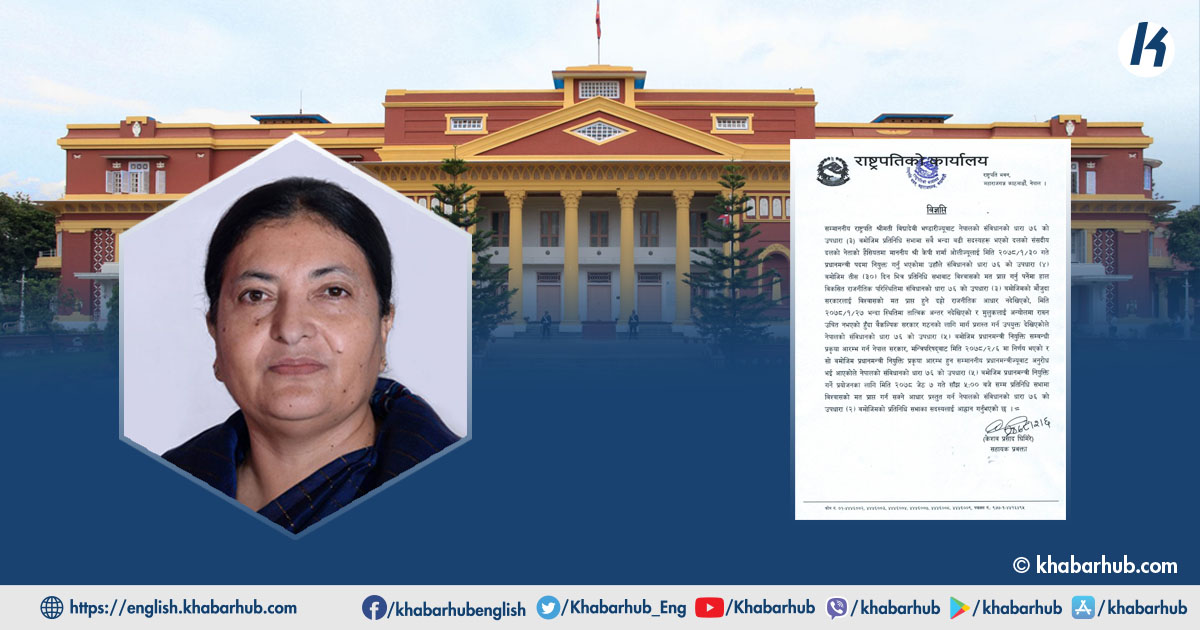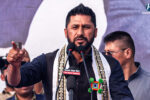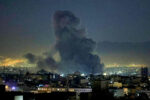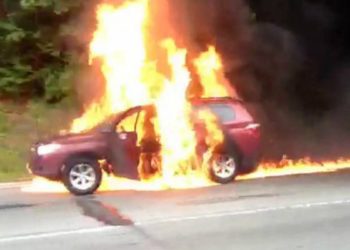KATHMANDU: Nepal has once again plunged into a political crisis, renewed instability, and uncertainty as its domestic politics have been witnessing turbulent shifts of late.
This was, in fact, a time for the government to execute a concrete roadmap to contain the coronavirus spread. Unfortunately, neither the government nor the opposition parties focused their attention on it.
The country is sure to witness an escalation of political tensions as President Bidya Devi Bhandari has called parties in the House of Representatives for the formation of a new government under Article 76(5) of the Constitution by 5 pm Friday.
Article 76(5) of the Constitution states: “If a Prime Minister appointed according to Clause (3) fails to receive a vote of confidence pursuant to Clause (4), the President shall appoint a member as Prime Minister, who produces bases that he/she may win the vote of confidence of the House of Representatives as provided for in clause (2).”
The President invited the parties for government formation after Prime Minister KP Oli recommended the President after he did not see strong grounds to gain parliament’s confidence as stated by Article 76(4).
It may be recalled that the government led by PM Oli was toppled after he failed to pass the floor test on May 10. He had given continuity to the seven ministers (though not members of the HoR) in his cabinet that he formed on May 11.
KP Oli was earlier appointed as Prime Minister in his capacity as the leader of the largest party in parliament as per Article 76(3). And, such a prime minister should seek a vote of confidence in House within one month of the appointment as per Article 76(4) of the constitution.
If the parties fail to stake a claim to form government by 5 pm Friday, the country will most probably go to mid-term polls as provisioned in the Constitution.
According to sources, PM Oli is keen on using this constitutional provision and holding the elections as a caretaker prime minister.
KP Oli was appointed Prime Minister as per Article 76(3) of the Constitution, and Article 76(4) requires him to win the vote of confidence.
If party insiders are to be believed, PM Oli told the ministers in the Cabinet on Thursday that he would better not seek the mandatory floor test since he was certain of not passing the floor test.
Moreover, PM Oli was “not in a good mood” on Thursday as the Supreme Court revoked the appointment of seven ministers, saying that they were not members of the HoR.
A single bench of Chief Justice Cholendra Shumsher Rana issued an interim order revoking the appointment of the ministers including Home Minister Ram Bahadur Thapa “Badal”.
Prime Minister Oli had first appointed them in his majority government even though they were not HoR members in accordance with Article 78(1) of the Constitution.
Clause (3) of Article 78 states that if a minister fails to get the membership of the Federal Parliament according to Clause (2), the minister shall not be eligible for reappointment as minister during the tenure of the existing House of Representatives.
Unfortunately, the political instability resurfaced as the result of several political dynamics, intra-party and inter-party rifts, and geopolitical as well as external factors.
Clause (2) of Article 78 says: “The minister appointed according to Clause (1) shall have to receive membership of the Federal Parliament within six months of taking an oath of office.”
It may be recalled that the government led by PM Oli was toppled after he failed to pass the floor test on May 10. He had given continuity to the seven ministers (though not members of the HoR) in his cabinet that he formed on May 11.
Even though Prime Minister Oli came to power pledging a stable government, he failed to deliver as promised. Besides, his government’s handling of the COVID-19 has drawn criticism.
People had believed that the state consolidation was taking place and that Nepal was on a path towards stability, peaceful development, and a socioeconomic transformation – away from fragility and instability.
Unfortunately, the political instability resurfaced as the result of several political dynamics, intra-party and inter-party rifts, and geopolitical as well as external factors.
Regrettably, political parties engaged in a bitter power struggle undermining people’s trust in them.









Comment